
Video Game Discourse Has Become Stale and Repetitive - Article
by Taneli Palola , posted on 26 March 2022 / 7,508 ViewsA month ago FromSoftware's highly anticipated open world game Elden Ring was released to massive critical acclaim, to an extent that very few other titles have ever received. Unfortunately, alongside the release of the game came the exact same topic of discourse that has accompanied the release of every single Soulsborne title since the original Demon's Souls. Namely, the discussion surrounding the lack of easy mode in the games and whether they should have one or not.
But What If Easy Mode?
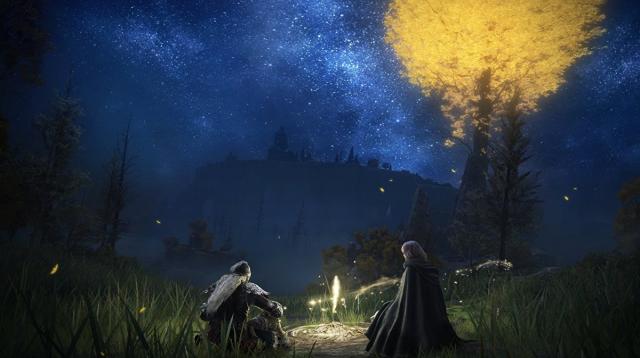
As is practically always the case with these things, some people online had the temerity to suggest that perhaps these games should have an easy mode, so that those less inclined to play difficult games would be able to experience Elden Ring, whereupon the usual cavalcade of troglodytes emerged from their caves to condemn the very notion of an easy mode in Soulsborne releases, employing such highly original arguments as "git gud" and "go play Call of Duty/Fortnite instead".
Now, the point of this article isn't to discuss whether those titles should have an easy mode, but rather to talk about the severe repetitiveness of video game discourse. However, just for the record, I don't think they need an easy mode, although if they had one it wouldn't bother me whatsoever, nor would it change the way I play those games. What we are here to talk about is the stale, cyclical nature of modern video game discourse, where the same topics are recycled over and over again, as well as the tendency of some people to actively try and restrict what video games should be allowed to talk about.
The difficulty discussion around Elden Ring illustrates the former perfectly, as I've seen the exact same points being made since around 2009, following the release of Demon's Souls on PS3. Of course, this is just one of the many constantly repeated topics regarding video games, but it perfectly encapsulates the state of video game discourse today. Whether in articles written specifically for an outlet, or on gaming forums, or social media, the gaming community really needs to find new things to talk about.
"Objective" Reviews and Unacceptable Scores
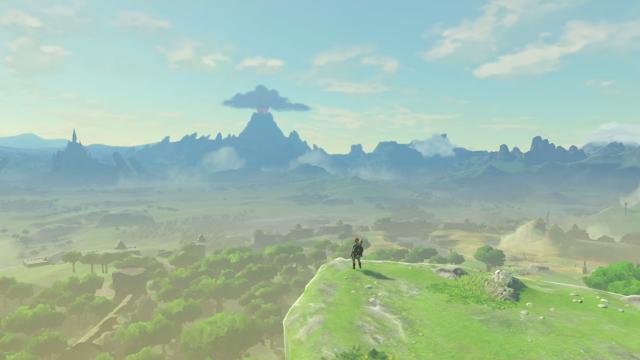
Let's start with an old favourite. Go onto almost any site focused on covering video games and you'll likely encounter some variation of the phrase "video game reviews should be objective", commonly accompanied by statements telling critics that their opinions shouldn't influence their review. You'll probably find these in a comment under a review that didn't give a game the high score it so clearly deserved according to these commentators. Of course, anyone who takes even a moment to think about it should realize how absurd the whole notion of an objective review is, but that doesn't stop it from coming up with disappointing regularity.
Speaking of reviews, could people just stop getting angry at review scores? I understand, though. The game you tied all your hopes and dreams to - in the short term at least - only received an 8, or perhaps even a lowly 7 from an outlet, and as a result its Metascore dropped by a whole point, which obviously now makes the title worse than it was before the review was published. Is the sarcasm reading clearly enough? Why is this such a huge issue to some people? Stop putting so much importance on a title's Metacritic score and just enjoy the games you like.
All too often it still feels like the level and depth of video game discourse starts and ends with furious fans shouting into the void about their most recent favourite game receiving less than stellar scores from an outlet or two. Now their whole enjoyment of the game is ruined because a couple of mean critics deemed the title to be only very good, and this is naturally such a grand offense that the only logical responses are insults, death threats, and DDoS attacks against the offending site and reviewer.
Games and Art
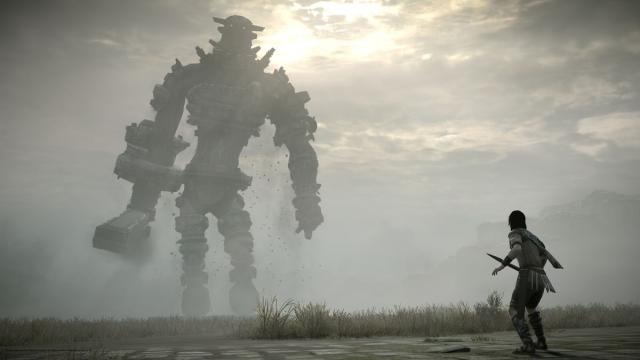
Another fun example of cyclic video game discourse is the question "Are Video Games Art?" I have no idea how many different versions of that same question I've seen presented in various forum posts, articles, and videos over the last 20 years. I thought we would have gotten past this tired topic a long time ago, but I suppose not. The fact that this is still an on-going debate is quite disheartening, considering how obvious the answer seems to me. Yes, many video games are "art". Perhaps not all of them, but the same can just as easily be said of films and books.
We could be discussing what effects different games are trying to achieve through their art styles, visual design, or music. Why were specific decisions made during development, and how effective were they at achieving the desired outcome? How have video games as a form of entertainment and art evolved over the years? Or even just what makes one game art and another one not? Instead of that, the discussion is usually just left at the surface level with little if any consideration for anything beyond that.
Don't Talk About "Politics"

Alternatively, perhaps we could entertain ourselves with yet another extremely nuanced and definitely intelligent take on the topic of politics and social issues in video games? That always cheers me right up. It baffles me to read and hear people complaining about developers 'bringing' politics and social issues into video games and claiming that this is somehow ruining gaming, as if politics hasn't already been a part of video game storytelling for decades now. Naturally, bringing politics into video games is only ever really a problem for someone when it doesn't quite align with their personal beliefs and values. Only then is it ruining gaming.
This has gotten so bad over the years that many publishers and developers are actually scared to even suggest that their new release might have political themes or messages in it, solely for fear of alienating some part of the audience and losing their business as a result. Ubisoft once explicitly stated that The Division 2 wasn't trying to make any political statements with its setting or story:
Interviewer: "Taking up arms against a corrupt government is not a political statement?"
Terry Spier (Creative Lead): "No. It’s not a political statement. No, we are absolutely here to explore a new city."
This is a game about a world devastated by a virus released by an environmental terrorist, with the US government then activating a group of domestic sleeper agents to prevent societal collapse and keep the system running. But they aren't making any political statements there, apparently. The messaging in the game is certainly not clever or subtle, but it's also not apolitical.
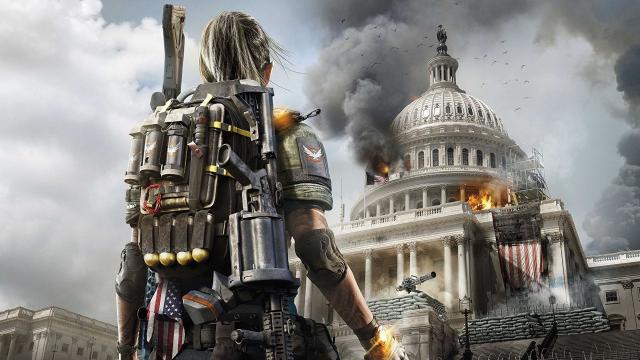
The saddest part of this is that there are people who actually celebrate statements like this, as if it's somehow a positive thing that a video game creator is afraid to admit that the product they've worked for years on might actually have something even remotely interesting to say about the real world. I can't fathom the desire to actively hinder the progress of video games in becoming a form of entertainment, or indeed art, that is taken seriously. Why would you want to stop the growth of the whole medium over some petty gripes you have over politics, social issues, gender, or sexuality, of all things?
It's Just a Game
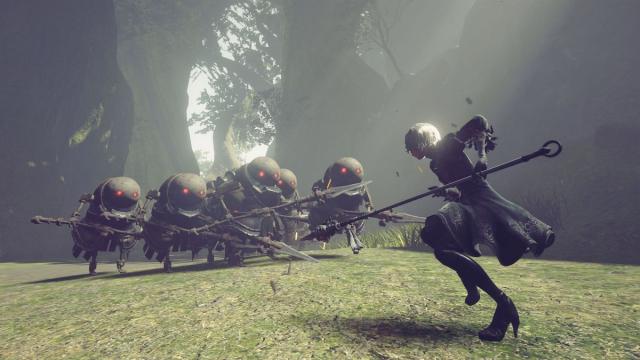
Similarly, whenever someone actually takes the time to properly analyze a video game's story, characters, plot, or any other element, and looks at the political, social, or cultural themes found within it in a critical light, you can almost guarantee that there are going to be people telling them to not take it so seriously because it's only a video game. I wonder how literary critics would react to someone telling them not to analyze the classics of their chosen field because "they're just books"? Maybe it isn't that much of a surprise that the topics of discussion regarding video games seem to remain stagnant year after year.
Some of the greatest video games of all time are filled with commentaries on social, political, environmental, religious, or cultural issues, and a huge part of what made them great were the themes their creators decided to tackle within them. Nier: Automata, BioShock, Metal Gear Solid, Final Fantasy VII, and countless other titles wouldn't be nearly as interesting or groundbreaking if they didn't have something of value to say about society, culture, and the real world in general with their characters and narratives.
A Problem Isn't a Problem, Because it Happens Everywhere
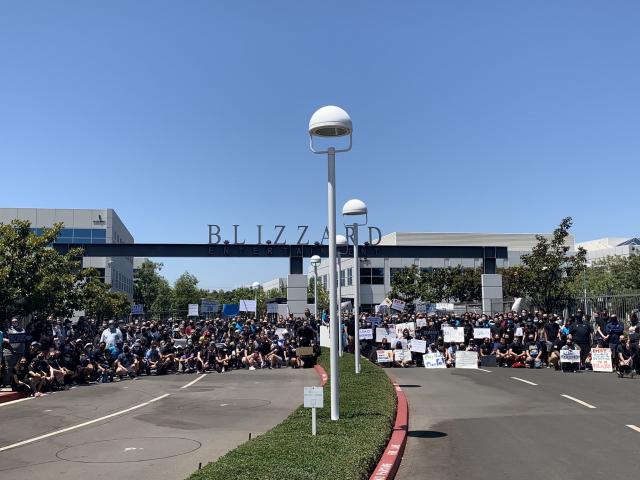
Over the last few years the video game industry has been inundated with reports and allegations of abuse, crunch, and harassment at almost all levels, from the smallest indie studios to the biggest AAA publishers. Whether it's Ubisoft, Activision Blizzard, CD Project Red, FromSoftware, Sony, or any number of other companies, the horrible treatment of workers feels like the standard rather than the exception these days.
When these issues are brought up, you can practically guarantee that someone will chime in with the retort that it's not really a problem because these things happen everywhere, and that we shouldn't blame video game companies for stuff that is an issue elsewhere as well. This attitude that something horrible is perfectly fine because it's also being done by someone else in some other place or environment is horrendous. Not only does it allow for the people responsible to get away with what they've done, but also buries a genuinely important discussion under meaningless drivel.
And heaven forbid you have the gall to actually like a game with a female protagonist, or bring up issues like misogyny and sexual harassment within the industry. Half the time trying to have a discussion online about any of that is depressing, because for some reason it's still difficult for some people to wrap their heads around the fact that it's not, in fact, alright to harass and abuse people. Then again, some people haven't quite yet figured out that female characters can be more than just fan service in games, so baby steps I guess. On an unrelated note, The Last of Us Part II is pretty great.
Stunted Discourse
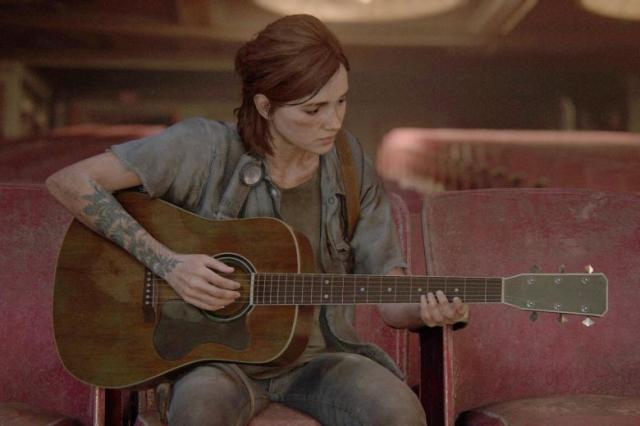
The constant repetition of the same tired topics and the lack of desire from some people to see this medium develop is an ever-present weight dragging it down. The only way video games grow and become better is if they tackle and discuss as wide a variety of difficult topics as possible, in as many ways as possible. It's not always going to result in a great or successful game, nor a nuanced take on the subject matter, but without those attempts the creators don't ever get the chance to learn from them and get better through that process.
People who whine about politics and social issues being addressed and dealt with in video games are the reason why so many outside of the "video game sphere" still don't take them seriously, instead just seeing them as either children's toys or violent pieces of disposable entertainment for teenagers. Too much of what video games are and can be remains unexplored, and people still wonder why they aren't on par with films, music, or books when it comes to public perception.
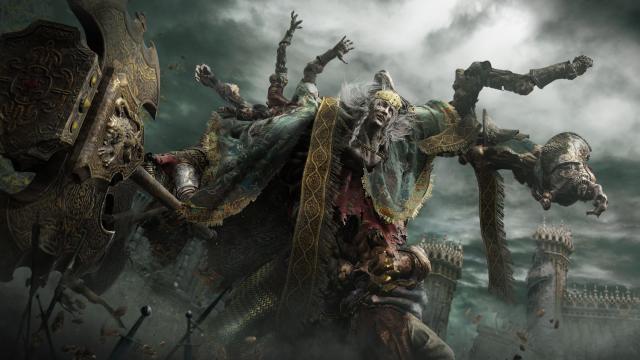
Depending on how you count, as of 2022 video games have existed in some form for at least 50 years. Yet, much of the discourse around them is still shackled and limited by a sizable portion of the gaming audience seemingly not wanting it to grow and develop the medium into something more interesting. Whether it's because of the incessant repetition of identical talking points, or certain people doing their utmost at handicapping the discussion surrounding them, video game discourse still has much growing to do. Sadly, I genuinely can't say how this might be achieved.
Given enough time, I do believe that we'll see more and more genuinely interesting and intelligent takes on video games as a medium and an art form, both in the games themselves and in discussions about them. The state of the discourse has definitely gotten much better in recent years, as long as you know where to look. With that said, I'm looking forward to reusing this exact same article in about four years'´ time or so, just with Elden Ring's name swapped out for whatever FromSoftware's next release is called, as the next crop of articles revolving around difficulty options inevitably spring up.
More Articles
Ah, an opinion piece. Aren't these fun always? For me at least, as I do have opinions, obviously.
Let's go about your points: review scores. Well obviously reviews are subjective. And everyone should accept it. What we could ask from outlets, that review scores are consistent. That makes more sense. Meaning they have decided on how to find a score and communicate it well. That doesn't mean magazine A has to do it the same way as website B, just that they internally have a consistent way to come up with the score, so that the score has actual meaning. But on the other hand this means: no score does tell you anything, without the methodology behind it. There is no need to get upset about someone having the 'wrong' score.
Games are art. No doubt about it. Funnily enough, movies also weren't considered art in the beginning. I think people will accept it for games too with time. And no, neither that games are entertainment, nor that they are commercial is saying that they aren't art. At most that leads to bad art.
Everything is political, because that is the nature of politics. There is no denying it. Games should have politics as topic or cover political topics, as art does. There is a point I understand though: people use many entertainment (and that is art) too relax and often politics does the opposite. Which means I can use songs to relax, but probably not a political song. I can use movies to relax, but probably not political. Still political art is doing great at other times I am in the mindset to watch that. Without politics in art we wouldn't have had Dr. Strangelove or Papers Please. The thing that upsets people is not so much politics in games, but in games they didn't expect it in. We don't need to ban politics from games, but communicate it beforehand that they are indeed political. That communication is especially important, if a sequel gets political when the original wasn't.
It's just art, isn't it. Sometimes you can overanalyze art, but even that can be fun.
And no, things aren't fine if the whole industry is rotten. I want to add, you mention Last of Us, but don't bring up Naughty Dogs treatment of workers, which also contains bad stories of crunch like sadly a lot of the industry. Supergiant Games apparently sets a good example for treatment of workers, and we as gamers should want that, because these workers are making the stuff we enjoy.
And to finish things let things get around to the topic of difficulty options in Souls-games. And that is easy after the other points: if you think Mona Lisa would be better with a party hat you lose, because Leonardo da Vinci as the artist decided no party hats. Hidetaka Miyazaki decides that his art would suffer with an easy mode, so no easy mode, because games are art. And that is it, because games are art the artist can make such decisions. Again, like with politics it should be communicated, but I think everyone by now knows what to expect from a Souls game. I am also chill about it, because these days we have a lot of games. So if you want a Mona Lisa with a party hat, I am sure someone already made it.
Oh yeah, I forgot about that. It is what I said in the other comment to your post about condescending. The makers don't trust that the viewer will have the 'right' political conclusions, so they are explicit about it, instead of being more subtle and help the viewer to find their own position. You can even make your movie/game so that you don't take a position at all, just present all the possibilities and outcomes and let people find their own way. Even if it doesn't change the position of someone, this way it helps people to recognize that things often aren't that black and white, but actually quite complicated.
Honestly, it hardly matters whether you're looking to video games, or pretty much any other topic. People everywhere are always repeating the same points on just about any side of any debate you can possibly imagine. Rare is the instance of anyone making a unique, or even particularly nuanced argument. This is more true online than anywhere. People have become very used to the bite sized arguments of twitter, whereby the nature of the format demands everything be as bite sized as possible.
Souls games don't need an easy mode. They need a less punishing mode. They would have to be difficult to need an easy mode.
The biggest deterrence for playing/beating these games isn't how hard is a boss. It's do I feel like running for 2 minutes to fight the boss again? A closer spawn point to where you died would make the games infinitely more playable/enjoyable. Having to run by a bunch of enemies to attempt the boss again isn't fun.
Everything is NOT political, unless you happen have become so tribal that you cannot look at anything without thinking politically anymore. In that case, I feel sorry for you. You can no longer simply take in new or fictional experiences and enjoy them as is.
There might be political intrigue and events within the game world and setting that are context appropriate or historical, but that is not the same as bringing REAL world politics into the game. (Rolling my eyes at the latest Assassin's Creed at the moment, I don't need current day political bullshit in my ninth century viking adventure, thanks.) There's a crucial difference, the latter is the thing that tends to get tiresome, divisive and ruin everything. Until we stop doing that, we will never get the kind of entertainment that we used to get, where it was about escapism and fun. There's a time and a place for political activism and that is not in our entertainment, but out there on real and appropriate forums and platforms.
Case in point, you have a platform on a gaming website and yet had to resort to discussing the old points . I guess there's not much else to talk about when it comes to gaming.
LOL. I am with you. But there is an easier way to communicate this. Games are art. Therefore the artist decides the colors, the mood and the difficulty modes. You can complain that Vincent van Goghs The Starry Night is too blue, and it would be much better if it actually would be more red. But that doesn't change Vincent's decision (well, as he is dead surely not).
It surprises me how every time discussion erupts around the 'difficulty' of Souls, but not about Doom Eternal or Super MeatBoy or Celeste. For me fucking Rayman Legends is too hard, as I really suck at platforming. And no, I can't level up to nail that section I am stuck at, like I can in Elden Ring. I actually think Elden Ring and other Souls-games are pretty easy. They just have different gameplay, slow and methodical instead of fast and twitchy. I can do much better with that. So I will not 'git gud' enough to finish Rayman. But I will also not complain, as many people enjoy the game, and rightfully so.
Gaming should be for everyone, but that doesn't mean that each game should be for everyone. Actually that is impossible.
Again, I can compare with another art form. Ever noticed that some people complain about these 'artsy' films that nobody understand? I love a lot of these. If they are actually good. Big companies want to streamline movies to maximize viewers to maximize profits. Strangely they decide to settle for the dumbest possible viewer. Yes, I already got the evil plan, you don't actually need to literally tell me that. The person in the next seat texting while in the cinema will not get it even after you tell it explicitly. And thank you, I can actually tie my shoelaces. If movies or games think I really need a third or fifth explanation that actually feels condescending and loses me as customer. I get jokes that are subtle, you don't need to make it obvious. That doesn't mean such movies don't need to exist - people are different. Just don't stop making movies, making games for people like me, there is a lot of other stuff other people can enjoy.
An "easy" souls-like, or one that has an "easy-mode" baked in sounds like an oxymoron. The reviewer says it would not change the way they play the game - but it absolutely would. These games are not fundamentally "hard" - at least not in the same way a bullet-hell 2D shmup or the original NES Mega Man games were.
No, it would not change the way I play the game, because I would still play the games on their normal difficulty. That's why it would make no difference to me if they did have an easy mode.
I see people make that claim, and I think that they actually believe that, but it isn't entirely true. At least not for a lot of people. There is an old saying, that players are very good in finding ways to optimize the fun out of a game. Sometimes game design has to limit your options to guide you towards the intended experience, which is also the more fun experience for the intended audience (not every game should be for everyone).
As I said in my comment I am pretty chill about it, because the options are that so many games exist. Everyone can choose the one that is to their liking.
Also Souls games are easy, Rayman Legend is a fucking difficult game, and it also doesn't have an easy mode.
I can only speak for myself here, so other people might see things very differently. To me, the difficulty is an important part of the Souls-experience, but if those games had an easier difficulty mode it wouldn't really bother me. I wouldn't be using it, and if other people were, that would be their choice and not have any effect on my gameplay experience.
Except it would. An easy mode would completely reduce the gameplay of these games and the entire experience. They would be essentially pointless. Read interviews with the developers. The difficulty was the starting point of the game design process. Demon's Souls would have been yet another action RPG with no definable unique selling point and characteristic if it was "easy". The Souls style of games is defined by the experience of replaying parts of the game until you embed lessons learned by the difficult game design.
Yeah. I have read those interviews, and it still would not make the slightest bit of difference to me personally if someone else was using an easier difficulty setting in the game. I would still be playing those games as I have always done, just like I'm currently playing through Elden Ring.
It literally would mean absolutely nothing to me, if other people had the option of using an easier difficulty setting in a soulsborne game, and I can't figure out why anyone else would care either.








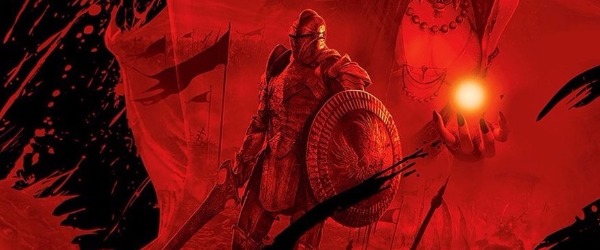
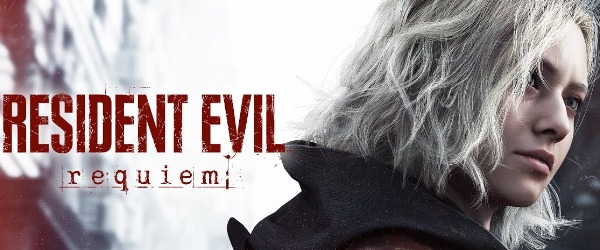
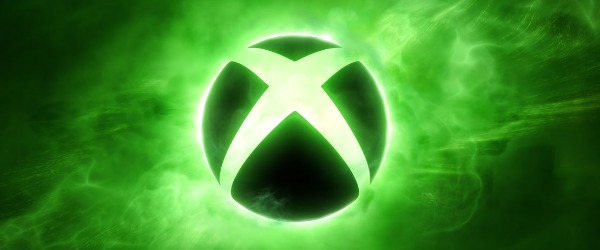
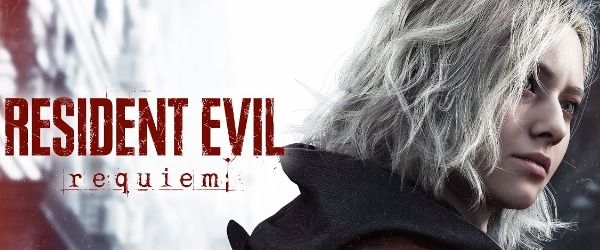










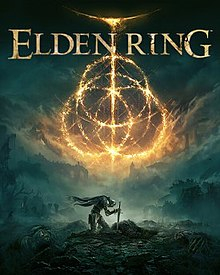

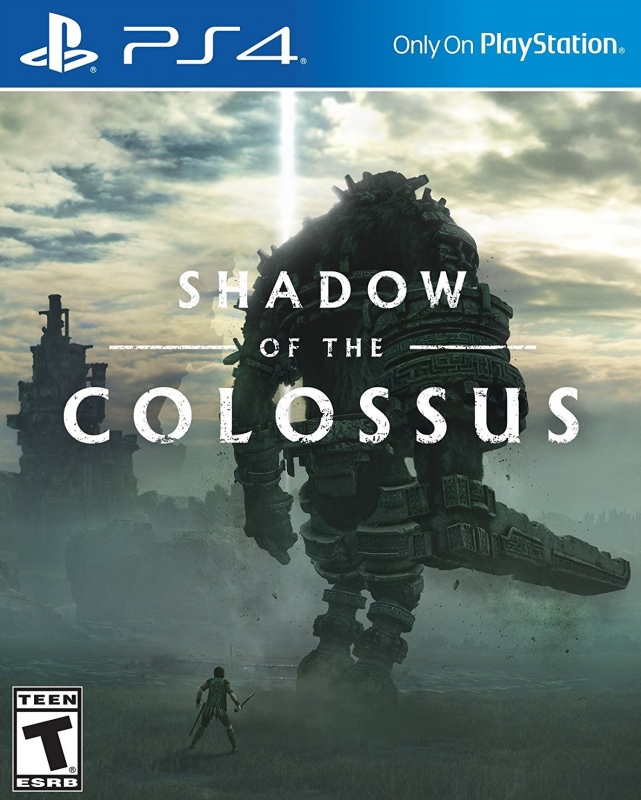

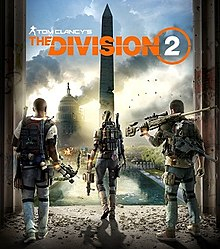
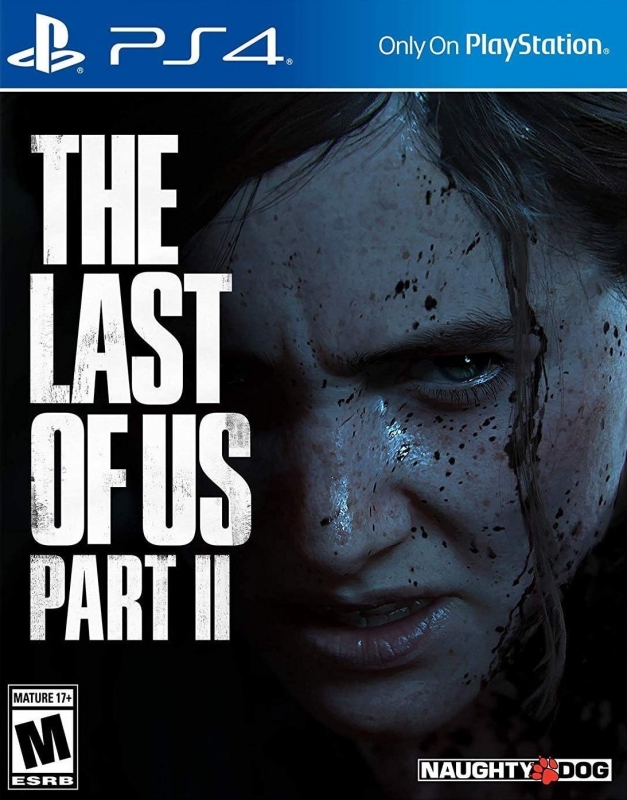
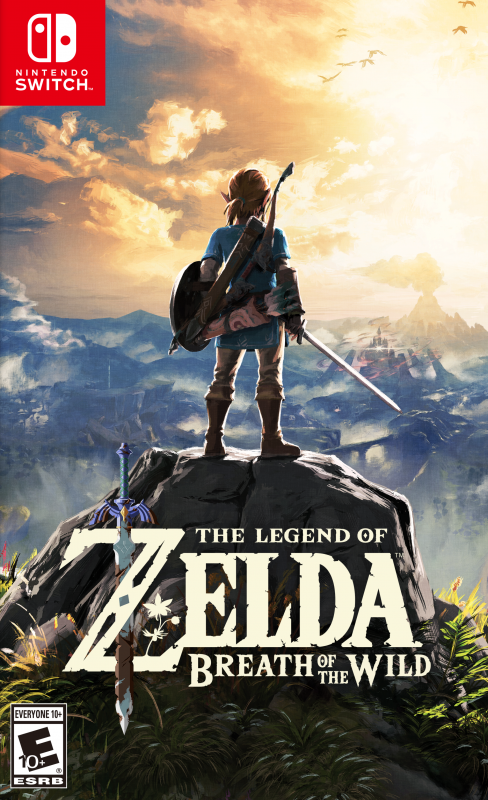

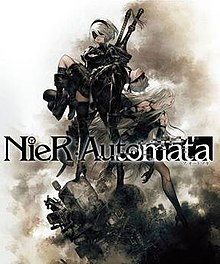
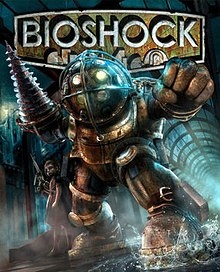
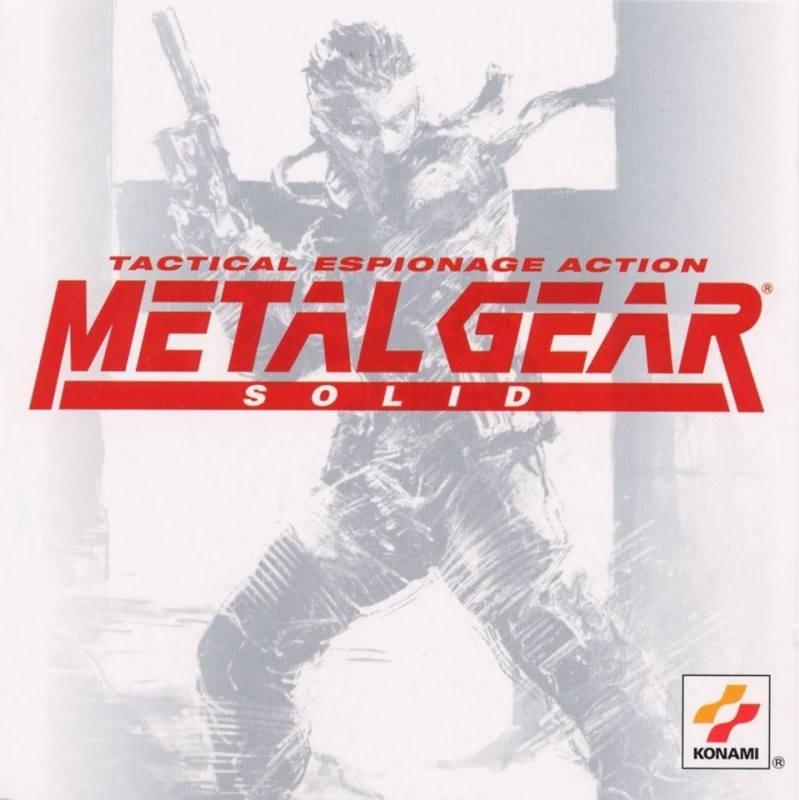
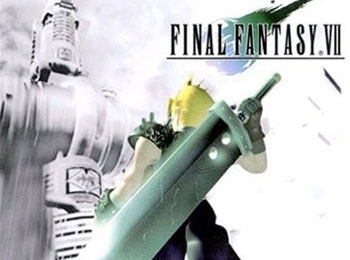
 Essay Pro
Essay Pro